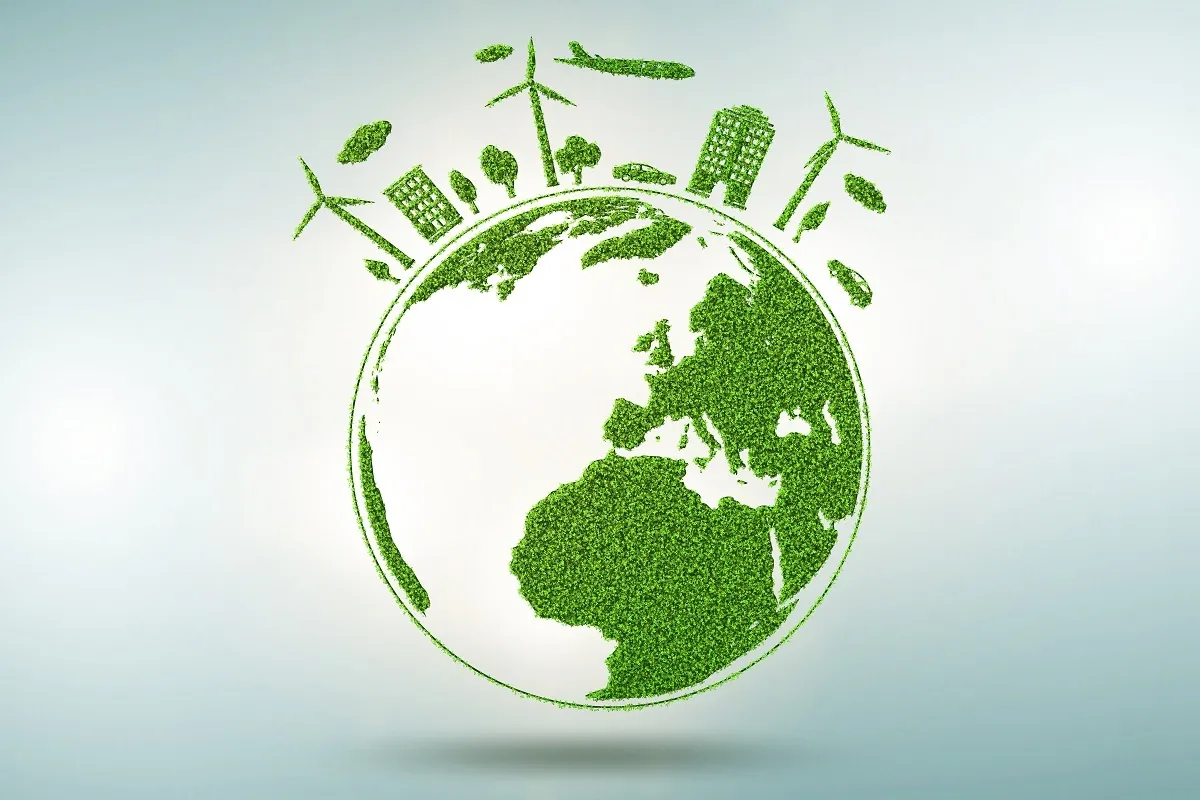Business News
India's contribution to climate finance greater than many developed countries: Report

4 min read | Updated on September 04, 2024, 17:46 IST
SUMMARY
Researchers believe that the gap in climate finance exists mainly due to the United States failing to contribute its fair share. Additionally, countries including Australia, Spain, Canada, and the United Kingdom also contributed poorly towards the same.

Researchers have suggested the inclusion of a "burden-sharing mechanism" in the New Collective Quantified Goal (NCQG) to ensure accountability
India contributed $1.28 billion in climate finance through multilateral development banks (MDBs) in 2022, greater than many developed countries, according to a recent report.
The study, conducted by the UK-based think tank Overseas Development Institute (ODI) and the Zurich Climate Resilience Alliance, comes at a time when some developed countries are pushing for developing countries such as China and Saudi Arabia to be included in the donor base for climate finance.
According to the analysis, only 12 developed countries (Norway, France, Luxembourg, Germany, Sweden, Denmark, Switzerland, Japan, the Netherlands, Austria, Belgium, and Finland) contributed fairly to climate finance in 2022.
Researchers believe that the gap in climate finance exists mainly due to the United States failing to contribute its fair share. Additionally, countries including Australia, Spain, Canada, and the United Kingdom also contributed poorly towards the same.
The report has highlighted the top 30 non-Annex II countries that contributed substantially to developing countries in 2022 through multilateral contributions to development banks and climate funds.
This group includes former economies in transition like Poland and Russia, countries that have achieved high-income status since 1992, such as Chile, Kuwait, Saudi Arabia, and South Korea, and middle-income countries with large populations, including Brazil, China, India, Indonesia, Mexico, Nigeria, the Philippines, and Pakistan.
The amount contributed by India ($1.287 billion) to other developing countries is larger than what some developed countries provided, such as Greece ($0.23 billion), Portugal ($0.23 billion), Ireland ($0.3 billion), and New Zealand ($0.27 billion). China gave $2.52 billion in climate funds through MDBs in 2022, while Brazil contributed $1.135 billion, South Korea gave $1.13 billion, and Argentina $1.01 billion.
According to the United Nations Framework Convention on Climate Change (UNFCCC), Annex-II countries, which are high-income and industrialised countries, are the ones responsible for providing funds and technology assistance to developing countries fighting against climate change.
These countries, including the US, Canada, Japan, Australia, New Zealand, and European Union (EU) member states, such as Germany, France, and the UK, have significantly benefited from industrialisation and have also been the ones emitting the most greenhouse gases.
These developed countries promised to contribute $100 billion together every year by 2020 to help developing countries combat climate change. However, this target remains elusive with huge gaps. This shortfall has eroded trust and hindered climate action in developing countries, the report added.
In May, the Organisation for Economic Cooperation and Development (OECD) alleged that the developed countries contributed $116 billion in climate finance in 2022, meeting the $100 billion target. Nearly 70% of these funds were provided in the form of loans.
The ODI researchers noted that the real contribution by these developed countries was notably less due to the fact that most of the funds provided were loan-based and not grants.
The report proposed the inclusion of a "burden-sharing mechanism" in the New Collective Quantified Goal (NCQG) to provide clarity on each country's obligations and hold countries accountable.
The NCQG is the new and larger climate finance amount that developed nations must contribute annually starting in 2025 to support climate action. The NCQG will be finalised at this year’s UN Climate Conference, COP29, in Azerbaijan’s Baku in November.
Currently, developed countries are collectively committed to providing $100 billion in climate finance annually. The collective nature of the climate finance commitment by the developed countries puts the accountability on all the countries equally and means that countries are not accountable for specific sums of money. This reduces the overall funds accumulated for climate finance due to a lack of individual scrutiny.
The burden-sharing agreement among the developed countries can strengthen the NCQG by ensuring accountability and trust within the parties in the group, according to the ODI researchers.
Many developing countries, including India, have encouraged the adoption of an agreement like this to strengthen accountability within the developed countries.
By signing up you agree to Upstox’s Terms & Conditions
About The Author
Next Story

